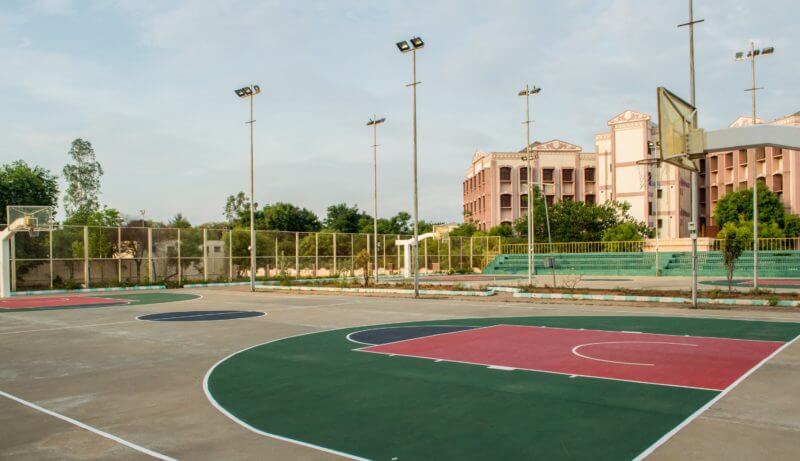Content Attributes
Do your children’s primary school offer sports programmes? Here’s why you should encourage your kids to join them.
Playing sports contributes to the overall learning and development of every child in school. By encouraging your kids to take part in regular physical exercise, they stay healthy and fit. However, these aren’t the only reasons why sports matter, as they also teach children life lessons. More than the academic growth, sports helps the students develop skills that become useful to them later in life. If you want your kids to be better people and students, then encourage their interest in sports. Here’s why it’s an essential part of their educational experience.
Gets Them Active
Teaching kids early on about the benefits of staying active and physically fit helps them grow up as adults who know how to take care of themselves. They value fitness, so they are more likely to exercise regularly. They tend to have a healthier diet as well. If you want your kids to eat healthy and recognize the importance of working hard to stay fit, then that’s well worth the effort.
Teaches Teamwork
For many primary school students, playing sports allows them to become part of a team. They need to work together if they want to achieve their common goal: which is to win. By learning what teamwork means and what it doesn’t, by learning the importance of relying on others and having those people rely on you, too, is the kind of experience that sticks to your kids even when they grow up.
Offers Socialization
Being part of a team improves the socialization skills of your kids. If they aren’t quite used to talking to or dealing with a lot of people, then joining a sports and being team mates with a lot of the other kids will remedy that quite easily. Through the games, your kids socialize with others and that interaction helps them improve their overall character and personality.
Shows Sportsmanship
This is where they also learn more about the idea of sportsmanship. If you already play games with your kids at home and they’re familiar with the idea of not being a sore loser, then this will help them gain further insight into how decent people deal with failure. If they lose and the other team ends up going home with the trophy or prize, then this is one of the first experiences that will teach them how to deal with crushing defeat.
Let’s Them Know Respect
This isn’t just respect for other people but for themselves, too. It’s about not attacking the other group or team if your children’s team loses. They must understand how to deal with the loss in a way that is respectful, that doesn’t harbour any lingering resentment or bitterness against the other team.
Imparts Discipline
It’s hard to train your kids to acquire discipline. Letting them participate in sports activities, though, is a good start. They learn that to be part of the team means going to the practice sessions regularly. They learn that it’s a commitment, that they need to set aside time and energy for the practice sessions. That’s how they learn discipline. By putting in the hard work, they’ll see the results.
Behave with Humility
If your children’s team wins, though, the lesson is how to accept that graciously. They learn not to brag about it, to maintain their humility even after winning. Shaking hands with their opponent and congratulating them for a good game is one way to show a measure of humility. Win or lose, players should display good manners throughout and after the game.
Emphasizes Resilience
One of the best things about playing sports is that it teaches kids how to be resilient. They’re not going to win every game. If and when they suffer a defeat, they need to realize that those aren’t the end of the world. It’s not a disaster to fail. It’s only ever a disaster if they fail to learn anything from the experience.
That’s the kind of resilience that losing can teach your kids early on. They know that loss isn’t the end, that they can fight back, that they’re not powerless, and that if they work hard enough, they can do something to change that. When they encounter a problem that might seem insurmountable to them, they only need to look back on this experience to remind themselves of what they can do, and what they can still accomplish if they don’t give up, if they keep going.
Enhances Problem-Solving Skills
Kids who play sports find themselves in situations wherein they need to be on their toes. This helps them develop cognition and problem-solving skills. It’s a skill that will help them a lot when they grow up. The ability to resolve issues will make them an asset to any college or organization they choose to apply to when they graduate.



